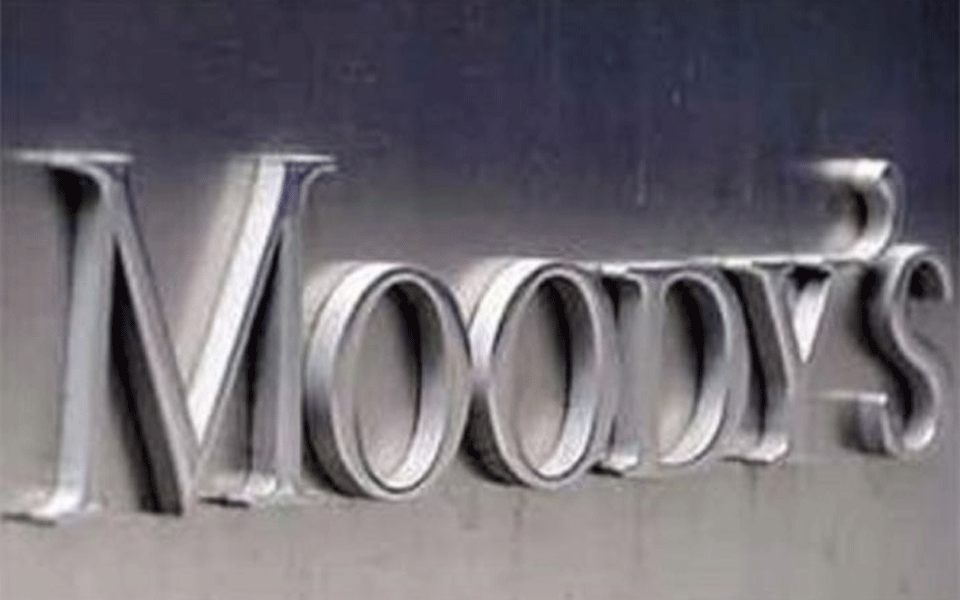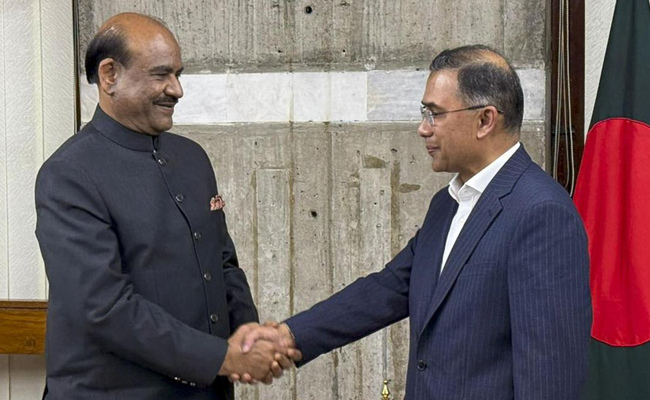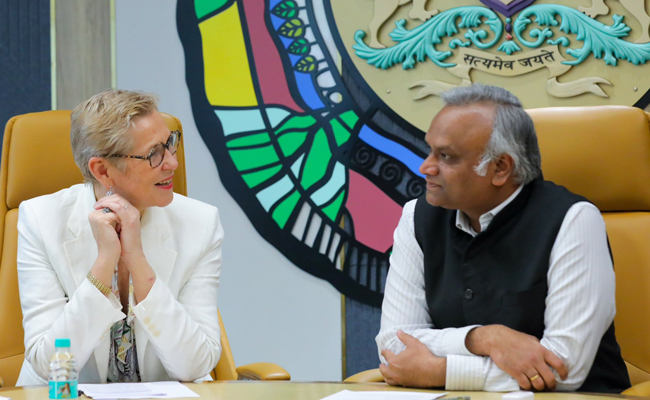Mumbai: Moody's Investors Service on Friday said it estimates India's GDP growth to hit zero' in FY21 and pointed to a wide fiscal deficit, high government debt, weak social and physical infrastructure, and a fragile financial sector.
The quality of India's economic growth has declined in recent years, demonstrated by financial stress among rural households, relatively low productivity and weak job creation, the agency said.
In its forecast for FY21, the agency estimated India's gross domestic product (GDP) growth at zero, meaning the country's economic growth will remain flat this financial year, and the same is seen accelerating to 6.6 per cent in FY22.
In its credit opinion which comes following the change in the forecast, Moody's warned that the COVID-19 "shock will exacerbate an already material slowdown in economic growth, which has significantly reduced prospects for durable fiscal consolidation".
Analysts across the board have been certain about the heavy economic toll that the pandemic will take on the country.
Moody's local arm Icra has pegged for a contraction of up to 2 per cent in the growth as a result of the crisis, which has seen the country being put under a lockdown for nearly two months to arrest the spread of infections.
Late last month, Moody's had slashed its calendar year 2020 GDP growth forecast to 0.2 per cent.
Its negative outlook on the sovereign rating, which was revised last in November 2019 from stable', reflects increasing risks that economic growth will remain significantly lower than in the past, it said, adding that this takes into account the deep shock triggered by the virus outbreak.
Meanwhile, India's credit strengths include a large and diverse economy, favourable demographic potential and a stable domestic financing base to fund the government debt, it noted.
In March, the government had announced a relief package worth Rs 1.7 lakh crore, and there are speculations of another follow-up package in the offing.
These measures will reduce the depth and duration of India's growth slowdown, but there is a probability of an "entrenched weakening" on prolonged financial stress among rural households, weak job creation and a credit crunch among non-bank financial institutions, it said.
Reform prospects, which can take care of some of the concerns with the Indian economy, have "diminished", the agency said.
It further warned that a downgrade in the rating could happen if the fiscal metrics weakened materially, and made it clear that a "negative" outlook indicates that an upgrade in the rating is unlikely in the near term.
However, the outlook can be changed to "stable" if the fiscal metrics stabilise, it added.
Let the Truth be known. If you read VB and like VB, please be a VB Supporter and Help us deliver the Truth to one and all.
New Delhi (PTI): Lok Sabha Speaker Om Birla on Tuesday attended the swearing-in ceremony of new Bangladesh Prime Minister Tarique Rahman in Dhaka, and said India stands ready to support Bangladesh's endeavours to build a democratic, progressive and inclusive nation.
Separately, the speaker called on the new Bangladesh prime minister and conveyed the wishes of Prime Minister Narendra Modi.
He also handed over an invitation from Prime Minister Modi to Rahman to visit India, officials said here.
“Glad to attend the swearing-in ceremony of the new government of Bangladesh led by Prime Minister Tarique Rahman in Dhaka today. India stands ready to support Bangladesh’s endeavours to build a democratic, progressive and inclusive nation,” Birla posted on X.
Bangladesh High Commissioner to India, Riaz Hamidullah, said in a post on X, “Prime Minister Tarique Rahman conveys his greetings to India and PM Narendra Modi to the visiting India Lok Sabha Speaker Om Birla at a courtesy meet following the swearing-in of the new government.
“Speaker Birla conveyed wishes and an invitation to India. Both leaders expressed optimism to work together for the well-being of the people of Bangladesh and India, pursuing a people-centric menu of cooperation.”
Birla also met Maldives President Mohamed Muizzu, Bhutan Prime Minister Tshering Tobgay and other leaders on the sidelines of the event.
Led by Rahman, the Bangladesh Nationalist Party (BNP) swept to power with a two-thirds majority with 49.97 per cent votes and 209 seats in the polls held on February 12, results for which were declared on February 13.
The Jamaat-e-Islami, which was opposed to Bangladesh's independence from Pakistan in 1971, registered its best-ever performance with 31.76 per cent votes and 68 seats.
The National Citizen Party (NCP) secured the third-highest number of seats, six, and 3.05 per cent votes.
Bangladesh had invited Narendra Modi to the ceremony, but the prime minister could not attend the event as he was scheduled to hold talks with French President Emmanuel Macron in Mumbai on Tuesday.
On reaching Dhaka, Birla said the swearing-in of Rahman was an important moment that would strengthen people-to-people relations and shared democratic values between the two neighbours.
“Honoured to be in Dhaka representing India at the swearing-in ceremony of the new government led by Tarique Rahman as the prime minister. It's an important moment that will strengthen people-to-people ties and shared democratic values between our two nations,” Birla said.
Birla was accompanied by Foreign Secretary Vikram Misri and other officials.





